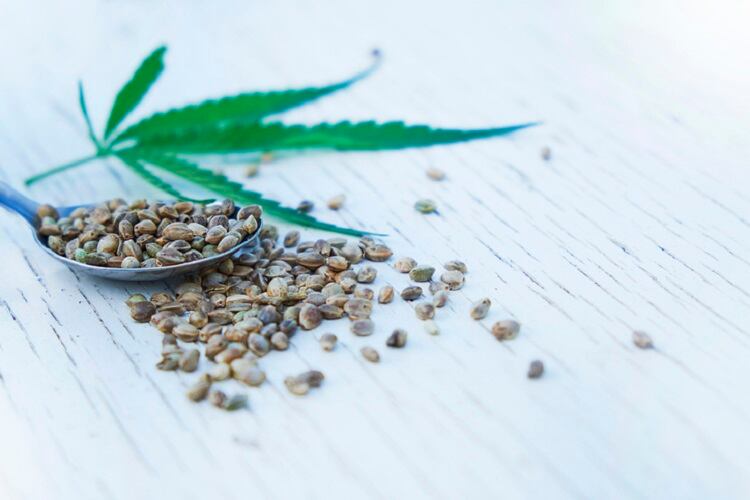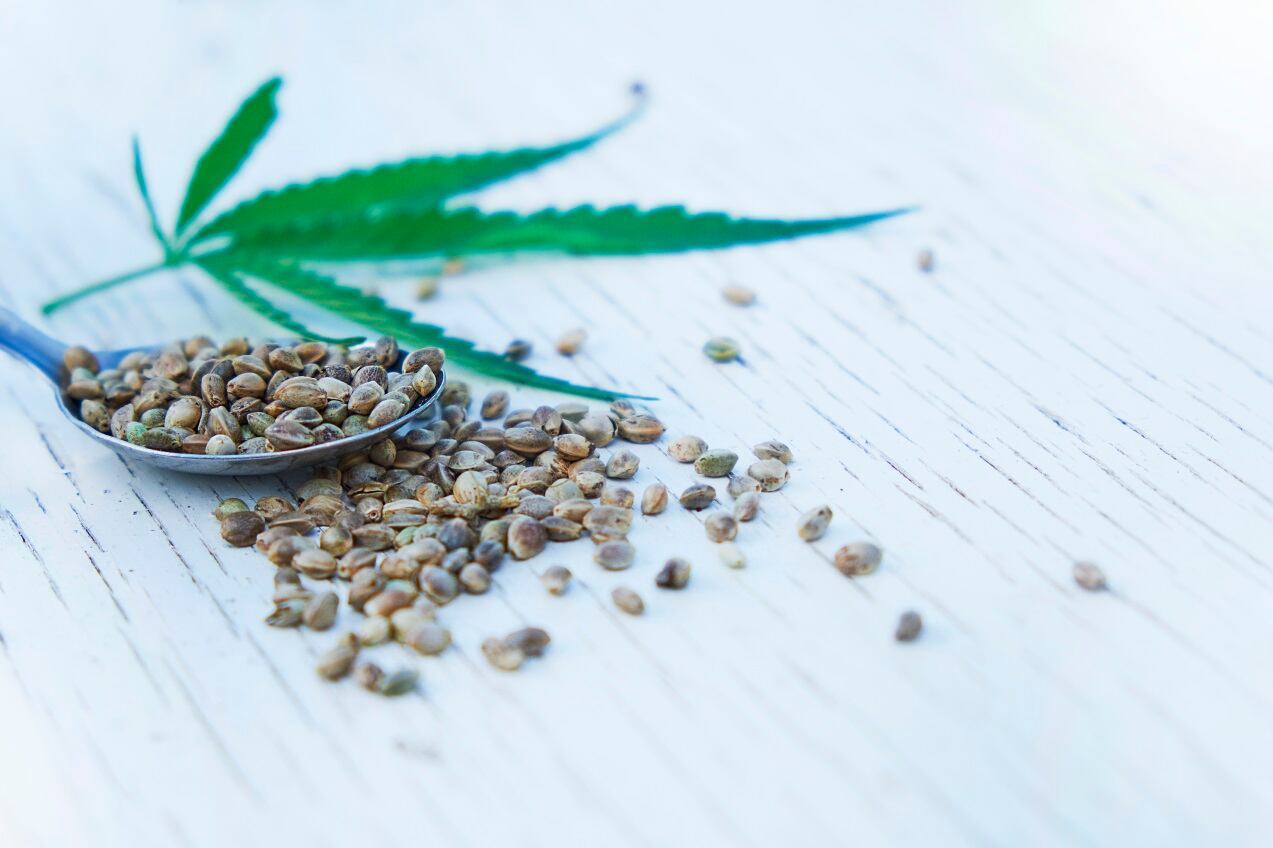The ACI said the move is in response to calls from regulators around the world who are highlighting the lack of evidence relating to the safety of CBD.
In the UK, the FSA has set a deadline of 31 March 2021 for all CBD products to have a validated novel foods application. CBD companies who wish to keep their products legally on the market after this date are striving to compile scientific dossiers for their novel food applications, the ACI said.
Dr Parveen Bhatarah, ACI Regulatory and Compliance Unit Lead, noted it was clear that companies working in the CBD space needed “much more handholding” to compose their novel foods dossiers and comply with the upcoming regulatory demands. As such, the ACI said its CBD safety study consortium will allow companies to provide the evidence these organisations are calling for whilst sharing the burden of costs of such studies.
Dr Bhatarah said: “Regulators in the UK and internationally are looking for evidence about CBD safety, toxicity, dosing and the cumulative effect of ingesting CBD, along with safety issues related to other known cannabinoid impurities present in the CBD products and possible associated harms. ACI is assisting the CBD industry to generate this data in a most cost-effective manner.”
The ACI said the study will identify data gaps and generate data to be used across a broad range of finished products. This safety data is required to successfully gain novel foods approval from regulators.
Potential drowsiness and liver toxicity issues
The consortium will investigate issues including whether CBD causes potential drowsiness, liver toxicity or has any interaction with other drug substances.
It will assess different modes of delivery and bioavailability, for example ingestion, absorption and inhalation and will measure if there are any potential vulnerable groups (for example children, adolescents or pregnant and lactating women). It will also identify any overlap of therapeutic dose levels from approved drug products, with potential exposure from other uses including food, dietary supplement or cosmetics.
According to the ACI, the outcomes will help define a maximal acceptable daily intake of CBD for all products. Once complete, the ACI’s Regulatory and Compliance Unit will be able to integrate the data into the novel foods application of its members.
The ACI is combining forces with Advanced Development & Safety Laboratories, a leading regulatory and compliance company with full scale laboratory and analytical testing capabilities, to meet the safety and toxicity challenges of assessing CBD.
CBD isolate (defined as almost pure CBD) has been identified as the first primary product that will be looked at by the study and which will provide a baseline for finished product assessment. The same approach will then be applied to all primary CBD products; including isolate, narrow spectrum, broad spectrum or full spectrum. Narrow spectrum, like isolate, contains almost pure CBD. Broad and full spectrum CBD can include other cannabinoids, for example CBG and terpenes.
‘An attractive proposition for companies seeking a successful novel food submission’
The ACI has 20 listed members, all raw material suppliers and manufacturers that represent hundreds of smaller brands as their clients. They are all manufacturing CBD products intended for food or beverages.
ACI Founder and Strategic Counsel Steve Moore said: "As the industry has struggled to get to grips with the data requirements for a successful novel food submission, our toxicological proposal provides the most comprehensive and cost-effective solution for CBD businesses. We have strengthened our team and partnered with best-in-class laboratories, meaning we are able to deliver on this huge undertaking. We have prioritised the long-term commercial success for any organisation wishing to join our consortium, whilst also minimising the financial burden as we look to make this as an attractive a proposition for SMEs.”
What’s the situation in the rest of Europe?
CBD is considered a Novel Food by European regulators. So, while many CBD products remain on the market, they have not been authorised by European authorities. However, the EFSA – as a body that gives scientific guidance to national regulatory bodies, as opposed to one that enforces the rules - has not set a deadline similar to the FSA’s.
Some observers, meanwhile, have said enforcement of Novel Food rules on CBD products in Europe can be described as patchy at best, with some countries like Spain and Austria strictly enforcing the removal of CBD products from shelves, and others, like Germany, taking a more inconsistent approach.
What happens to products still on UK shelves after the 31 March 2021?
The FSA has insisted non-validated products will be removed from UK shelves after the deadline date. The ACI, however, told FoodNavigator it “will be difficult for trading standards to police the whole industry”. But it added the deadline will make major retailers more likely to stock validated CBD products, which will in turn help boost demand from consumers.
“Major retail chains will be more confident in stocking CBD goods than they are now, as they will have legal clarity. They will ensure that what they stock is 100% legal, i.e. has novel food validation and working towards full authorisation,” we were told by the ACI.





